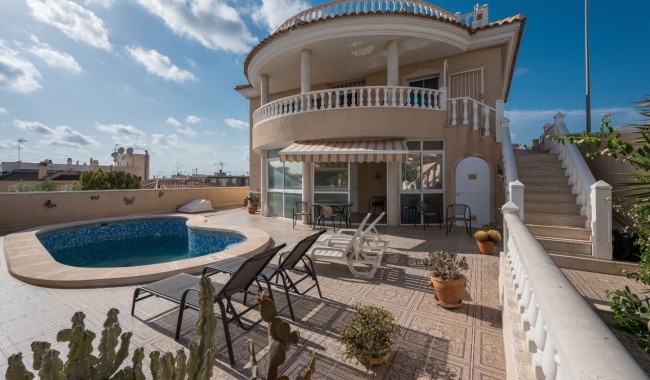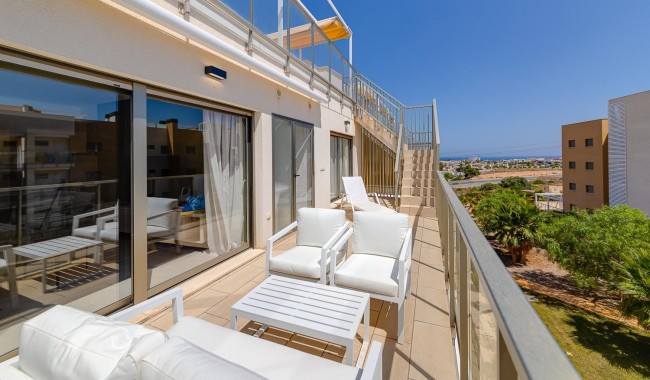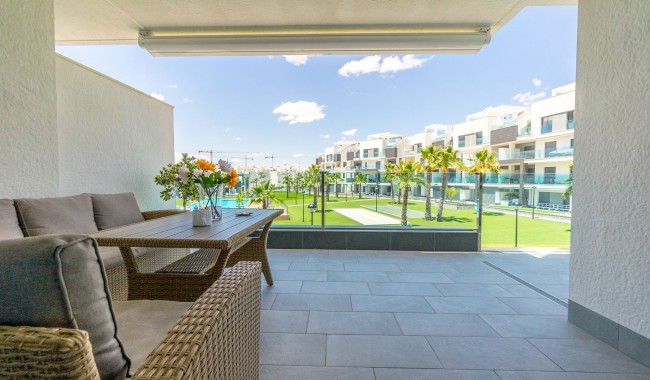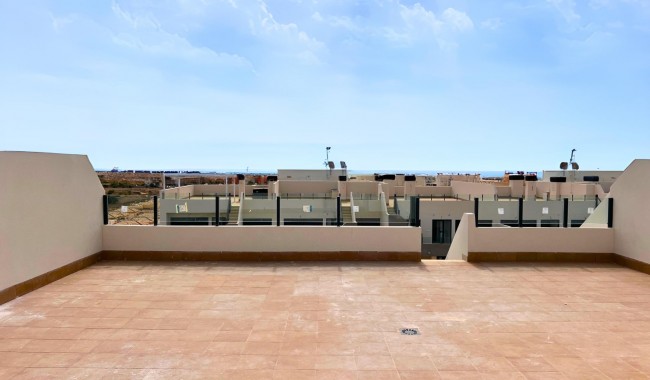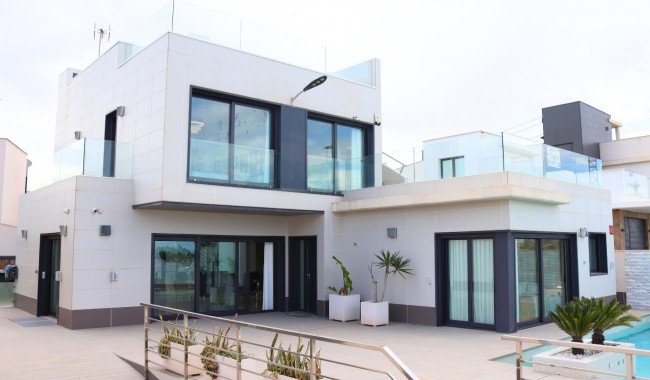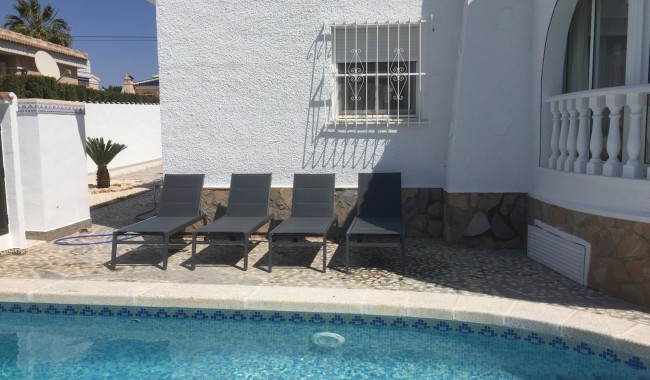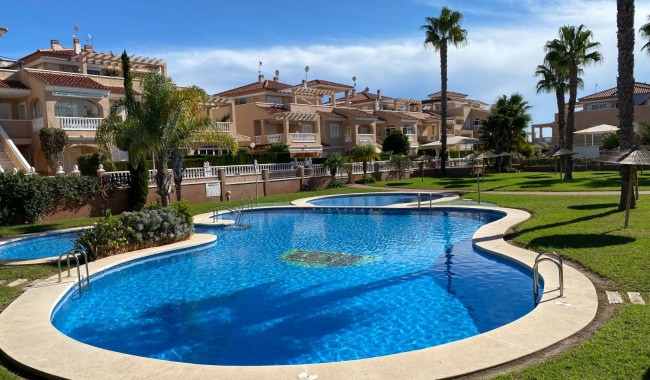From our cooperating loan broker:
- First year from 1.99% - 2.80% (slightly depending on the amount).
- Subsequent years (as it looks now): 5.20% - 5.50% (but it is impossible to say).
- The seller always pays the broker's fee, and it is included in the advertised prices. The commissions vary and depend on the area, the home, the price range, the services included and more. The commission is agreed between the seller and the seller's chosen broker. In the case of new construction, it is the developer who sets the commission and in the case of second-hand housing, it is the seller with his chosen broker. Here it is an 'open housing market', so that the brokers work together - which means that in the case of second-hand homes, the commission agreed with the seller is shared between the broker who represents the buyer and the broker who represents the seller.
- In Spain, you must declare your rental income and pay tax.
- 19% of net rental income.
- You are not required by law to have a rental licence, but you must inform the authorities that you want to rent out the property and receive rental income. They just need you to pay taxes, that's the most important thing.
- That said, you should apply for a license (takes about a year to get).
- A tax return must be paid (in the case of positive income) once a quarter.
- As an agent, we must recommend that our customers state the same amount in Norway as they state in Spain (net income). Very important!
- There is no wealth tax on sales. Only 19% of the profit when you sell as a NON-Resident.
- If the seller is NON-resident, the tax office receives 3% of the sales price. This is for Spain to ensure that they receive their tax.
- Property tax for NON-residents must be paid once a year:
- With a house value of €150,000, the property tax will be approx. €150 per year.
- The Valencia region will probably change the rules soon so that there will most likely be no inheritance tax, due to the election that just took place.
- But at the moment there is a tax to pay, which is called "Impuestos sucecciones y donaciones" - which is approx. 10%.
- However, you can "give away" your property to your children before you die - and pay 0% tax that way (depending on the value of the property, because each child has a "deduction" of €100,000 (or a non-taxable part such as can be given away without tax).
- When you "give away" a property to your children, be careful about the value stated on the deed when you purchased the property. If you have a large gain on the property when you pass it on to your children, YOU must pay 19% tax on the gain.
- The easiest way to avoid inheritance tax is to write your children on the deed when you buy the property.
- It is then important to mention that the money must come from the children's bank accounts due to the rules on money laundering.
- This of course varies from home to home, but let's start with an apartment for €300,000 in a complex with a communal pool:
- Water: approx. €40 per month.
- Power: approx. €100 per month.
- Shared expenses: Between €30-150 per month (depending on the shared areas).
- Property tax (SUMA): approx. €200 per year.
- Internet (fibre): approx. €30 per month.
If you live in Norway and have a house in Spain, you must inform the Norwegian tax office that you have a house in Spain.
- The Norwegian tax authorities will then tax you for the Spanish property, in Norway as your secondary residence.
- Spanish tax authorities will also tax you for the Spanish property, but due to the double taxation agreement between Norway and Spain, the tax in Spain is deductible in Norway.
- We recommend that all our customers know how much property tax they pay in Spain each year, because this tax is deductible in Norway.
- You will have a tax representative in Spain when you buy a property, who will assist with the practicalities surrounding this.
- Insurance; New builds come with a 10-year warranty on the structure and a 3-year warranty on water leaks and the like.
- Insurance works in the same way as in Norway, contents are insured and part of the joint expenses are for insurance of the building.
- Burglary / Occupation; The rule about this is that you must report to the authorities (in the right way) within 72 hours of unwanted guests having entered the home. Thus, we say to those who are a little extra anxious that they can install an alarm in the home and then they are completely secured. It will then be handled by the police as a normal burglary and your unwanted guests will then be thrown out.
- This occupation has been greatly inflated in the media and is not really a real problem. There are families who need a roof over their heads and then they like to move into homes that look abandoned, where they don't think they will have problems with the owners... Are you going to leave the home empty for several months of the year and don't like the idea of that you don't know 100% for sure, then just install an alarm, or install a camera so that you are notified if someone breaks in.
- What many also do is agree with neighbors that they look out for each other.
- An alarm with, for example, Securitas costs around €30 per month.
It is not mandatory to have a legal adviser or lawyer, but it is highly recommended. Once you have found the right property for you, it is important that you get the help you need to ensure that everything legal is in order with the home you want to buy.
Your choice of lawyer is a very important step in the process of buying a house in Spain, and they must look after your interests in the best possible way.
Your lawyer should…
- be able and easily communicate with you - make sure they speak your native language well.
- be available when you need them - especially if you are still in your home country during the purchase process.
- have a good reputation - always try to secure yourself by, for example, talking to others who have used them before.
- have been established for a while - you want to be sure that your lawyer has the experience needed and is credible. - We would definitely recommend that you use the law firm - Mare Nostrum Solicitors - to take care of all the legal issues when buying your new dream home here Costa Blanca.
The first thing to do when starting the process of buying a property in Spain is to get your NIE number.
Your 'External Identification Number' is what you will need to register with the Spanish tax authorities.
A power of attorney or 'Notarial Power' is a written power of attorney that gives a person, whom you trust, the opportunity to represent you in legal matters or transactions.
It has many application possibilities, including getting your NIE and making it possible to complete transactions etc. in connection with the purchase process right up until and including attendance at Notar - in your name.
If you want to buy a property in Spain, a power of attorney for the lawyer will make the whole process much easier, regardless of your travel plans.
You can then, for example, be in your home country until everything is completed - and then come to Spain when it suits you, and be met by us at the airport - whereupon we drive you to your new home which is then ready to take over from you.
A notary is a professional in the Spanish legal system, and his / her main function is to certify Spanish documents and ensure that private agreements meet certain legal criteria. The Spanish notary is involved in the legalization of agreements and contracts and uses a stamp and signature to confirm them.
The main difference between a lawyer and a notary is that the lawyer deals with private documents such as. contracts and may represent a client, e.g. in a lawsuit. A notary, on the other hand, brings a document out into the public space.
The notary has a strict code that he or she must abide by, and the law on notaries defines his or her function and the scope of his or her authority. The notary is qualified at a very high level and must pass some very strict exams to achieve this status. They will initially study for five years at the university to obtain their law degree. Then they must pass another exam, which on average requires another three to five years of study.
The sales contract for a property can only be registered in the property register by means of a public deed signed and confirmed by a notary.
To ensure that your purchase is hassle-free in the future, there are a number of legal and tax obligations you must meet.
These can be divided into
- External costs *
- Taxes **
- Legal fees in connection with the purchase process ***
* External costs
The largest external costs are for the Spanish notary and the Spanish Land Registry.
The size of the notary fees is determined by law, and the actual amount to be paid depends on the scope of the legal provisions in the real estate document (housing deed).
As a guide we would say that the fees usually start at 800 €.
The Spanish register ‘Registro de la Propiedad’ is an official register that protects the rights of Spanish property owners. The real estate document must be registered in the local real estate register. The fee depends on the value of the property, but usually starts at 400 €.
There are other additional expenses, which in some cases are imposed depending on individual circumstances. For example, if you have never had a tax liability in Spain before, you must have an NIE number before you can open a bank account or buy your first property.
You must also have a power of attorney if you can not be here in person and need to appoint an advisor / lawyer, whom you trust, in Spain - to act on your behalf.
** Taxes
In addition to the external costs, there are also taxes and fees you need to consider when estimating the cost of buying a property in Spain. The tax depends on whether it is a new property or a used property.
New construction: (Valencia region)
- IVA (VAT) 10%
- Stamp duty (AJD) 1.5%
Second-hand property: (Valencia region)
- ITP (transition fee / tax) 10%
*** Legal fees in connection with the purchase process
Finally, you need to include the attorney's fees in the cost of buying a property in Spain. It is important that you ensure that your interests are well represented throughout the process.
An independent lawyer will give you advice and assurance that the legal issues will be checked on your behalf during the purchase process. Make sure that the person you leave this very important role to puts your needs first, and does not have a conflict of interest with other parties.
If you have enough equity for approx. 30 - 40% of the purchase price plus external costs and taxes - and you have sufficient income, a stable job and a good credit rating, most Spanish banks will be able to give up to 60 - 70% in loans.












